An estimated 2.5 million people were forced from their homes in the United States by weather-related disasters in 2023, according to new data from the Census Bureau.
The numbers, issued on Thursday, paint a more complete picture than ever before of the lives of these people in the aftermath of disasters. More than a third said they had experienced at least some food shortage in the first month after being displaced. More than half reported that they had interacted with someone who seemed to be trying to defraud them. And more than a third said they had been displaced for longer than a month.
The United States experienced 28 disasters last year that each cost at least $1 billion. But until recently, the number of Americans displaced by those disasters has been hard to estimate because of the nation’s patchwork response system.
Understanding the human toll of disasters, not just the financial costs, is increasingly urgent as climate change supercharges extreme weather, experts say.
“A lot of people’s lives are disrupted by these events in small and large ways,” said Andrew Rumbach, a senior fellow at the Urban Institute, a nonprofit group that focuses on advancing upward mobility and equity. “It has a really big cumulative cost that’s hard to capture. This, at least, gives us a snapshot of that.”
The displacement data were gathered in the bureau’s Household Pulse Survey, which aims to measure how emerging social and economic challenges are affecting Americans. The survey added questions about disasters in December 2022.
Those first results, issued in January of 2023, showed that about 3.3 million people had been displaced in the year before. According to the latest batch of responses, collected in January and early February, 2.5 million said they had been displaced at some point last year.
Hurricanes remained the most commonly cited cause of displacement, followed by floods and fires. Florida, Texas, California and Louisiana all had hundreds of thousands flee their homes.
A precise count of those displaced by disasters has been elusive because responding agencies and nonprofit groups only know how many people they serve, which leaves out displaced people who do not ask for help and communities that do not receive help at all. For example, the Federal Emergency Management Agency only responds to events that get a federal emergency declaration.
The survey lists fire among the “natural disasters” that could lead to a displacement, for example, and some experts say it is not hard to imagine someone selecting that after a house fire. Dr. Fussell also noted that while earlier federal surveys counted those who had permanently moved from their homes after a disaster, “displacement” in the pulse survey could refer to a daylong departure.
